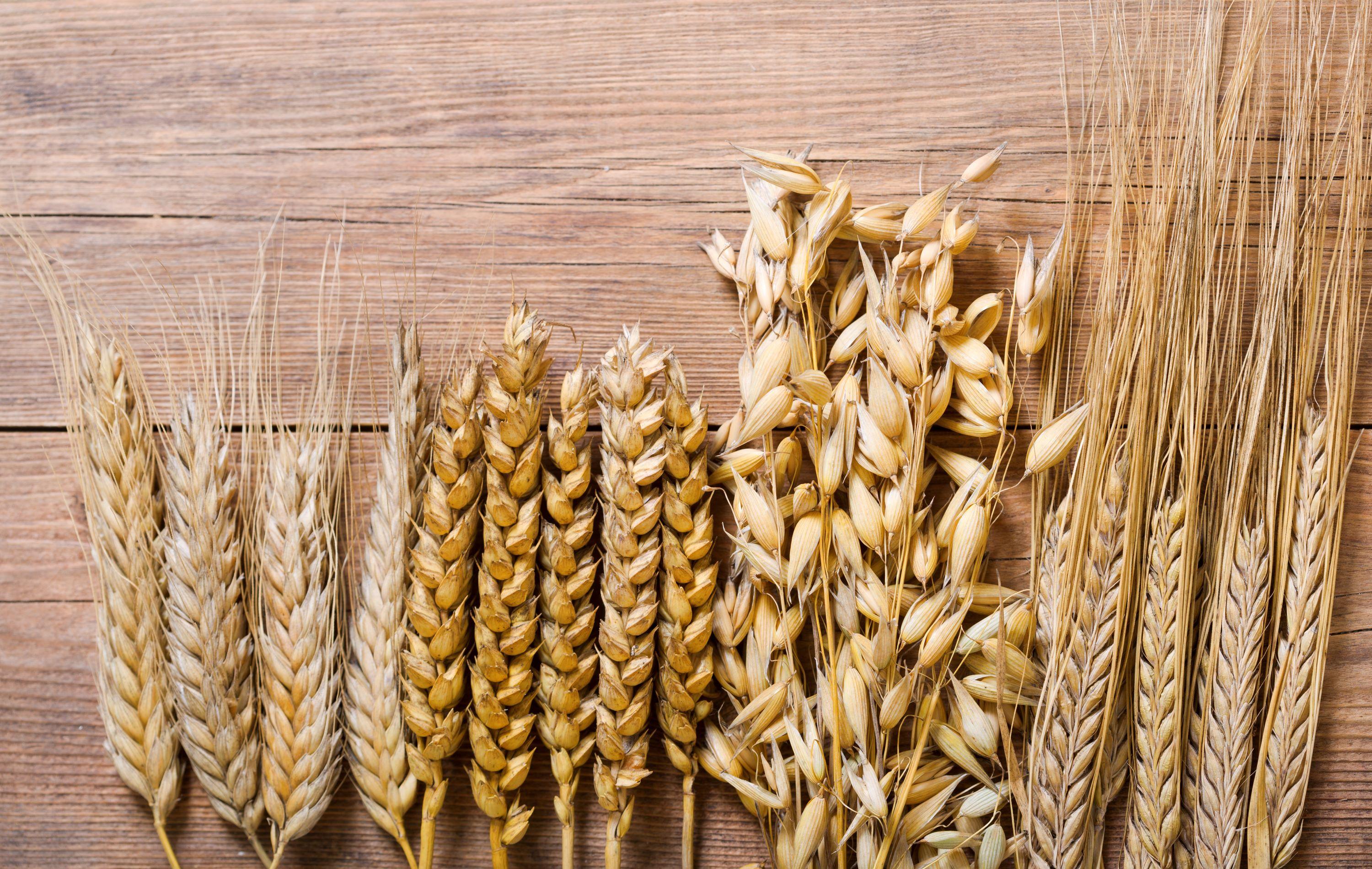How will this project support a better understanding of the treatment and/or prevention of diabetes?
Our team hope that by completing the proposed study, we will be able to inform personalized, gut microbiome-mediated approaches with whole wheat intake in prediabetes individuals, and to map out the differential functions of diverse genus/species of microbiota to biotransform whole wheat nutrients into more potent, bioactive metabolites.
What innovative methodology are you using with this project?
Our team has utilized well-controlled randomized, crossover clinical trial, comprehensive foodomics, microbiomics, metabolomics, and bioinformatics to address the challenging personalized nutrition questions investigated in the study.
What are the challenges related to this type of research?
Our study has encountered several challenges, from participant enrollment to the development of appropriate bioinformatic pipelines to analyze the multiple datasets generated from different omics analyses. We have been fortunate to have a dedicated team of researchers who have worked hard to complete the clinical part of the study, now we are actively working on the sample analyses and results interpretation.
What excites you most about this research?
This project allows us to explore new possibility of customizing and personalizing our nutritional/dietary intake based on one’s highly unique gut microbiome community to reach maximized health outcomes. We are practically testing the ideas of food as medicine and personalized nutrition in the context of leveraging whole wheat as one health eating component.
Who are your primary collaborators?
This is truly a teamwork with Dr. Rich Bruno and his research group, Dr. Devin Peterson and his lab members. We also have tremendous support from Dr. Matt Teegarden and Dr. Molly Mo to cover experimental supplies and data analysis/informatics.
What other projects are you working on related to diabetes?
In addition to this exciting project, we are also actively investigating some promising food bioactives (such as polyphenols), and novel probiotics that may help to modulate human metabolic processes and eventually enable more personalized management of obesity and diabetes.
Any closing thoughts?
Again, this study is an excellent reflection of how one could take advantage of the scientific expertise from OSU campus, Food for Health, and multiple departments and colleagues to formulate and exploring possibilities of addressing exciting and difficult research questions. I look forward to continue this level of engagement on OSU campus and identify many future opportunities to work with our OSU/FFH colleagues in discovering new and exciting science in nutrition and health research.
